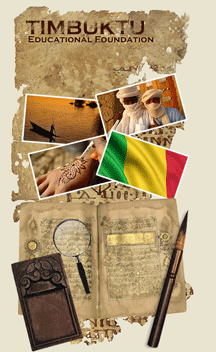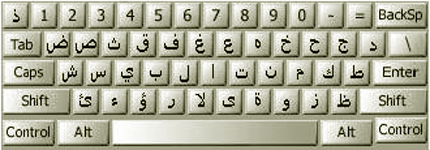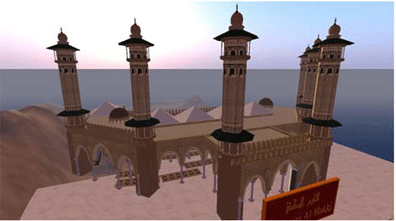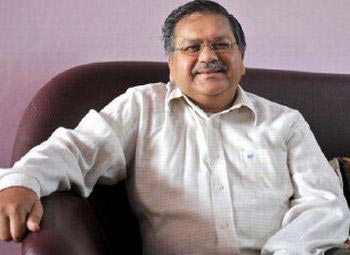
Videoconferencing Faulkner in Iraq
By Jennifer Howard, The Chronicle Online, June 24
Thanks to videoconferencing, literary criticism is playing a small part in the rebuilding of Iraq.
At the end of last year, Steve Wilson, a professor of English at Texas State University at San Marcos, got an email from a U.S. official working on provincial reconstruction in Iraq. Through contacts at Iraqi universities, the official had met some professors of English who wanted to find a way to talk to their U.S. counterparts about literature. So he went looking on the Internet for American professors who had experience that might be relevant and found Mr. Wilson, who had taught in a largely Muslim country, Malaysia. Continue reading Faulkner in Iraq






